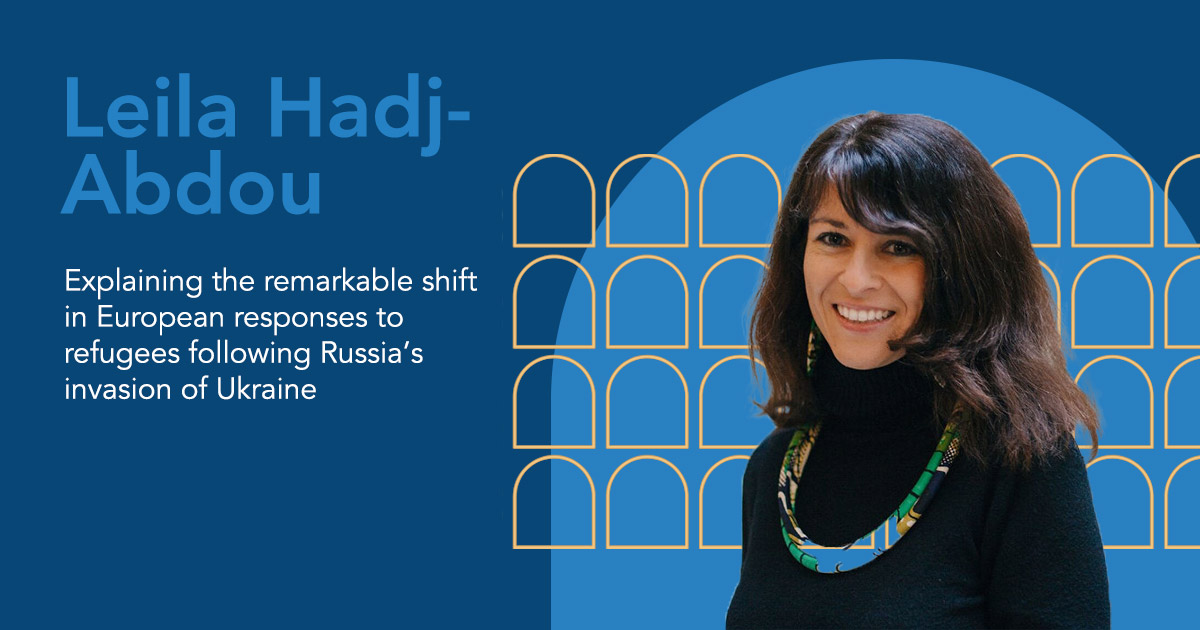Countries across Europe have warmly welcomed refugees from the war in Ukraine, with even politicians known for their anti-migration views calling for support for those fleeing the conflict. This blog post examine why attitudes towards Ukrainian refugees have been so different from those seen during the 2015 migration crisis.
Following Russia’s invasion of Ukraine, Matteo Salvini, the leader of the Italian far right Party Lega, announced he would take a plane to the Ukranian border to facilitate the travel of Ukrainian refugees to Italy. Less than six months ago, Salvini stood in court for blocking refugees in dire conditions from disembarking from a rescue ship. In a similar vein, Hungarian Prime Minister Viktor Orbán, the leading strongman of the anti-migrant right in the EU, has stated that ‘we must take them’, stressing the need to provide a safe haven for people crossing the border into his country from Ukraine.
These are just two examples of the remarkable turnaround in responses and discourses we have seen about refugees in Europe since the start of the Russia-Ukraine war. Political leaders who have been close allies with Putin and fierce opponents of liberal refugee policies in the past are now demonstratively supportive of refugees. Most importantly, the European Union, which was in a state of deadlock for years over common action in the field of asylum, decided to use its Temporary Protection Directive to grant refugees coming from Ukraine a residence permit, and access to education and the labour market. This is the first time ever that this Directive, which was passed in 2001, has been triggered.
This is a part of a blog post by Leila Hadj-Abdou and Andrea Pettrachin.
